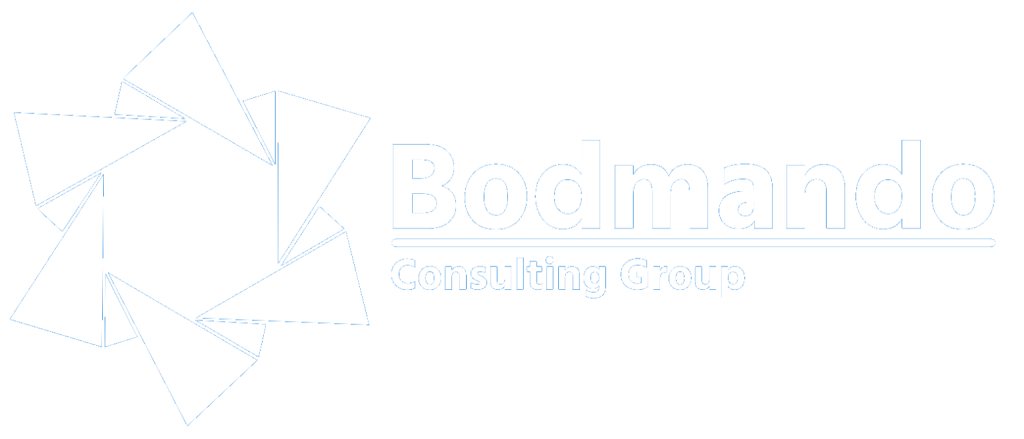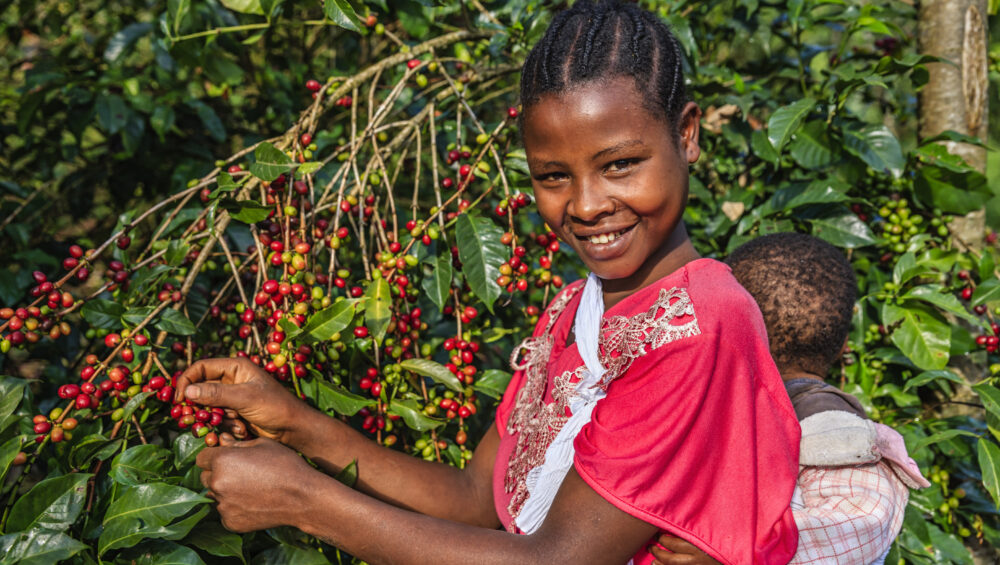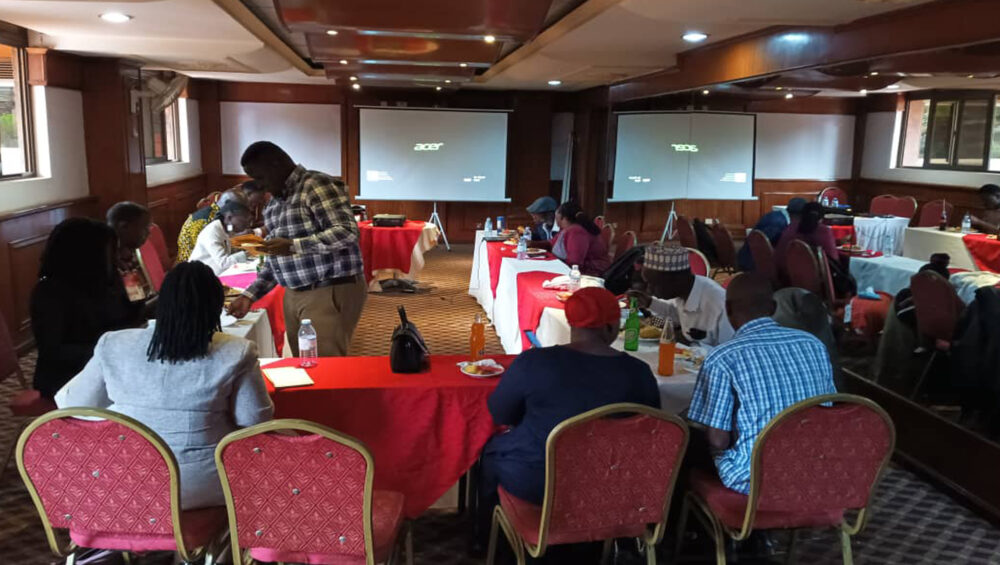The Women Empowerment Agenda
The Women Empowerment Agenda Women Empowerment The Women Empwerment Agenda Women’s empowerment is a central pillar of inclusive and sustainable development (United Nations, 2015; UN Women, 2023). It goes beyond participation to address women’s ability to exercise agency, access opportunities, influence decision-making, and shape the social, economic, and political systems that affect their lives. Across the Global South, empowering women has proven to be one of the most effective pathways to reducing poverty, strengthening institutions, and promoting equitable growth. At Bodmando Consulting Group, women’s empowerment is viewed not as a standalone issue but as a cross-cutting development priority that underpins effective policy design, program implementation, and evaluation. When women are empowered, entire communities benefit. Women Empowerment What Does Women’s Empowerment Mean? Women’s empowerment is a multidimensional process that enables women to gain control over their lives and claim their rights. It includes the ability to make strategic life choices, access and control resources, and participate meaningfully in leadership and governance. Key dimensions of empowerment include: Self-worth and confidence, enabling women to recognize their value and potential. Decision-making power at household, community, and institutional levels. Access to resources and opportunities, including education, healthcare, finance, and technology. Autonomy and control, particularly over economic activities and personal wellbeing. Influence over social change, contributing to the transformation of norms and systems that perpetuate inequality. Empowerment is therefore not a one-time outcome, but a continuous process shaped by context, culture, and structural conditions (UNDP, 2022). Women Empowerment The Economic Case for Women’s Empowerment The empowerment of women is both a social justice imperative and a powerful economic strategy (World Bank, 2020; AfDB, 2021). Evidence consistently shows that when women participate fully in economic life, productivity increases, household incomes rise, and national economies grow. In Africa and other regions of the Global South, closing gender gaps in employment and entrepreneurship has the potential to generate millions of jobs and significantly increase GDP. Women reinvest a large proportion of their income into their families and communities, improving outcomes in education, nutrition, and health. Gender-diverse leadership has also been linked to stronger organizational performance, better decision-making, and improved governance (McKinsey & Company, 2020). Ignoring women’s economic potential not only perpetuates inequality but also limits development progress. Women Empowerment Persistent Barriers to Women’s Empowerment Despite global commitments, women continue to face significant barriers that limit their empowerment, including structural, legal, and socio-cultural constraints (UN Women, 2023; ILO, 2021). These include discriminatory laws and policies, restrictive social norms, unequal access to education and financial services, and limited representation in leadership and decision-making spaces. Women also shoulder a disproportionate burden of unpaid care work, which restricts their time and economic opportunities. Gender-based violence and insecurity further undermine women’s agency and participation. In many contexts, digital exclusion and limited access to technology are emerging barriers in an increasingly digital economy. Addressing these challenges requires coordinated, long-term, and context-sensitive interventions. Women Empowerment Bodmando’s Approach to Women’s Empowerment Bodmando Consulting Group integrates women’s empowerment across its work in monitoring, evaluation, learning, policy and strategy design, institutional strengthening, and capacity development. Our approach emphasizes evidence-based programming, participatory methods, and context-specific solutions that amplify women’s voices and leadership. By embedding gender analysis and empowerment principles into development initiatives, we support partners to design programs that are equitable, effective, and sustainable. Women Empowerment Conclusion Women’s empowerment is not optional, it is a development imperative. Empowered women drive social transformation, economic growth, and resilient institutions. Achieving gender equality requires sustained commitment, inclusive policies, and intentional investment in women’s potential. As the global development community works toward a more just and inclusive future, advancing the women’s empowerment agenda must remain a shared priority. When women thrive, societies prosper. Women Empowerment References United Nations. (2015). Transforming our world: The 2030 Agenda for Sustainable Development. UN Women. (2023). Women’s Empowerment and Gender Equality. United Nations Development Programme (UNDP). (2022). Women’s Economic Empowerment as a Catalyst for Sustainable Development. World Bank. (2020). Gender Equality and Development. International Labour Organization (ILO). (2021). Women in Leadership and Decision-Making. McKinsey & Company. (2020). Diversity Wins: How Inclusion Matters. African Development Bank (AfDB). (2021). Gender Equality Index for Africa. Bodmando Consulting Group. (2024). Gender and Inclusive Development Practice Framework.









